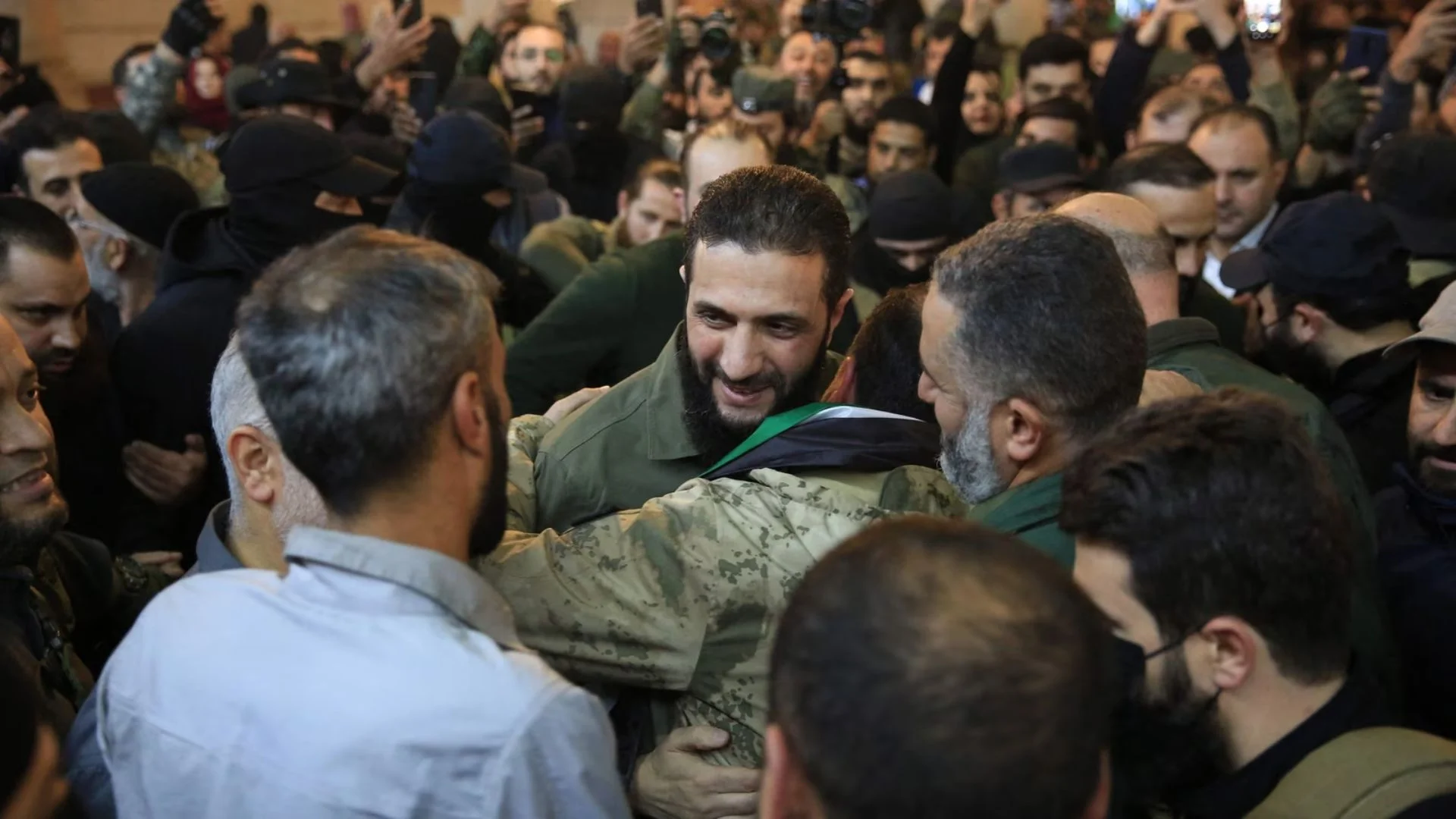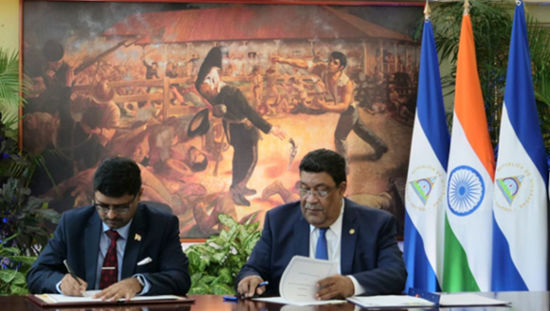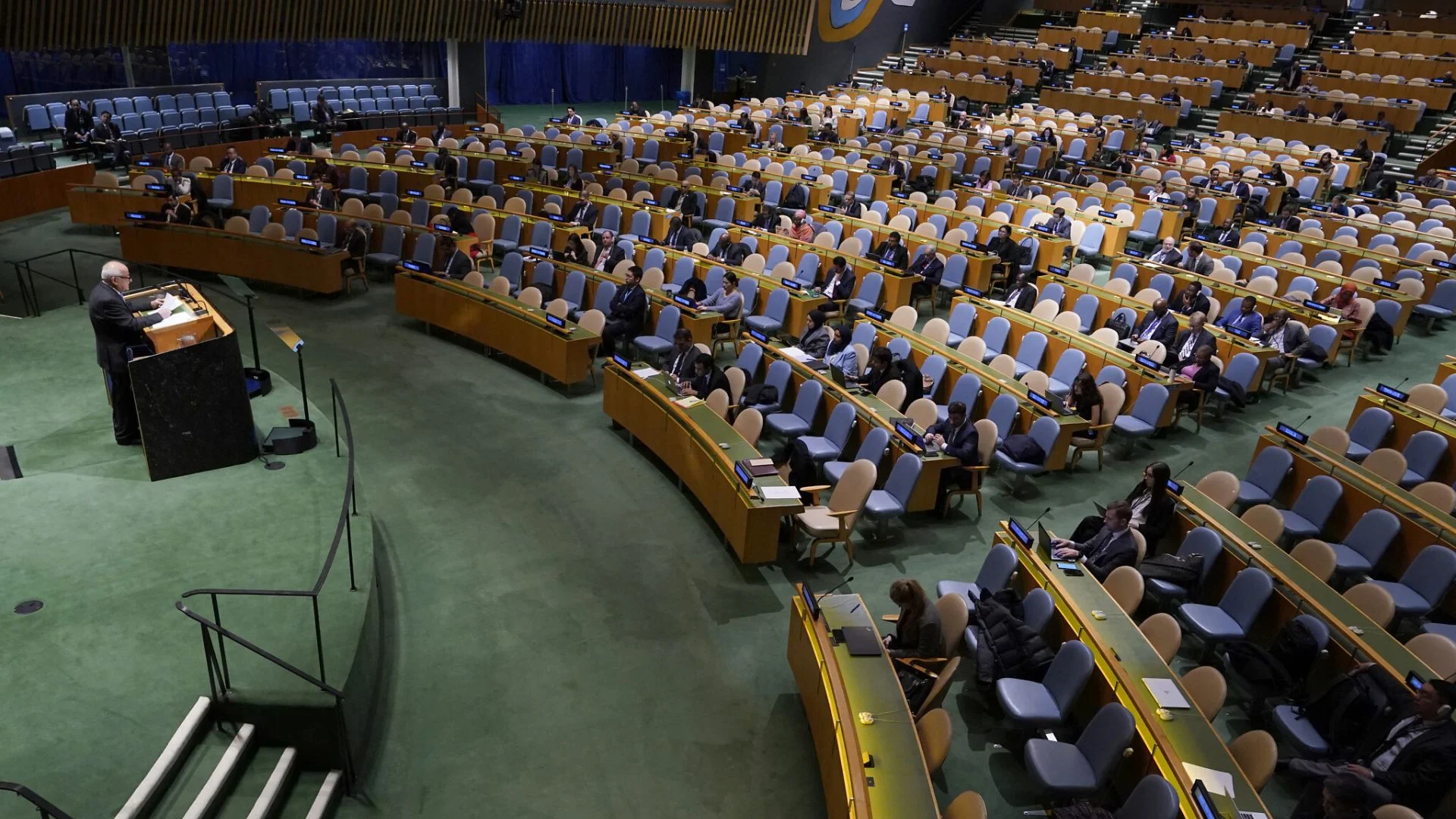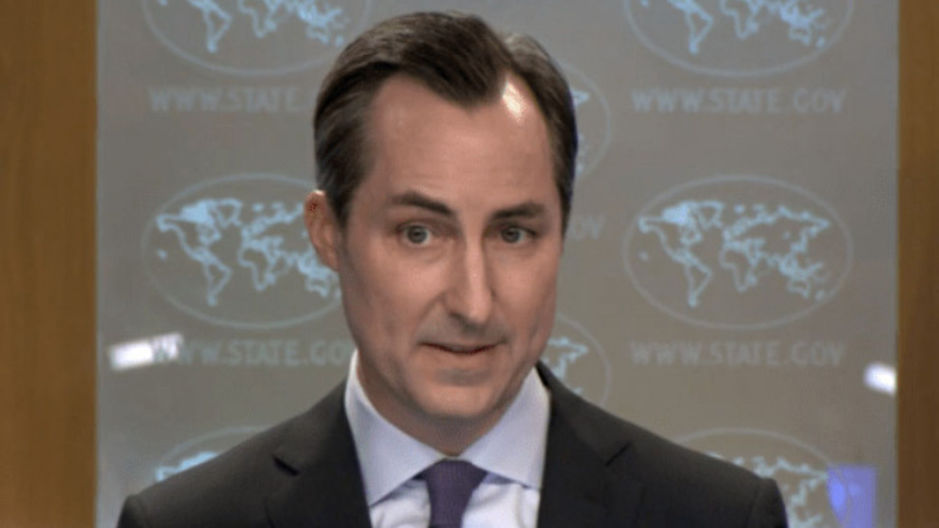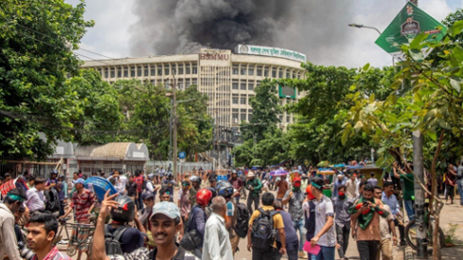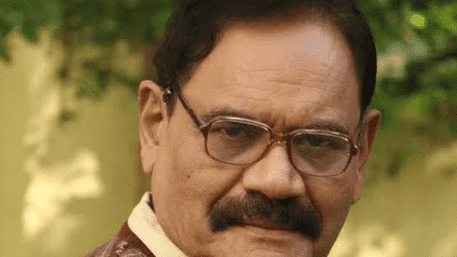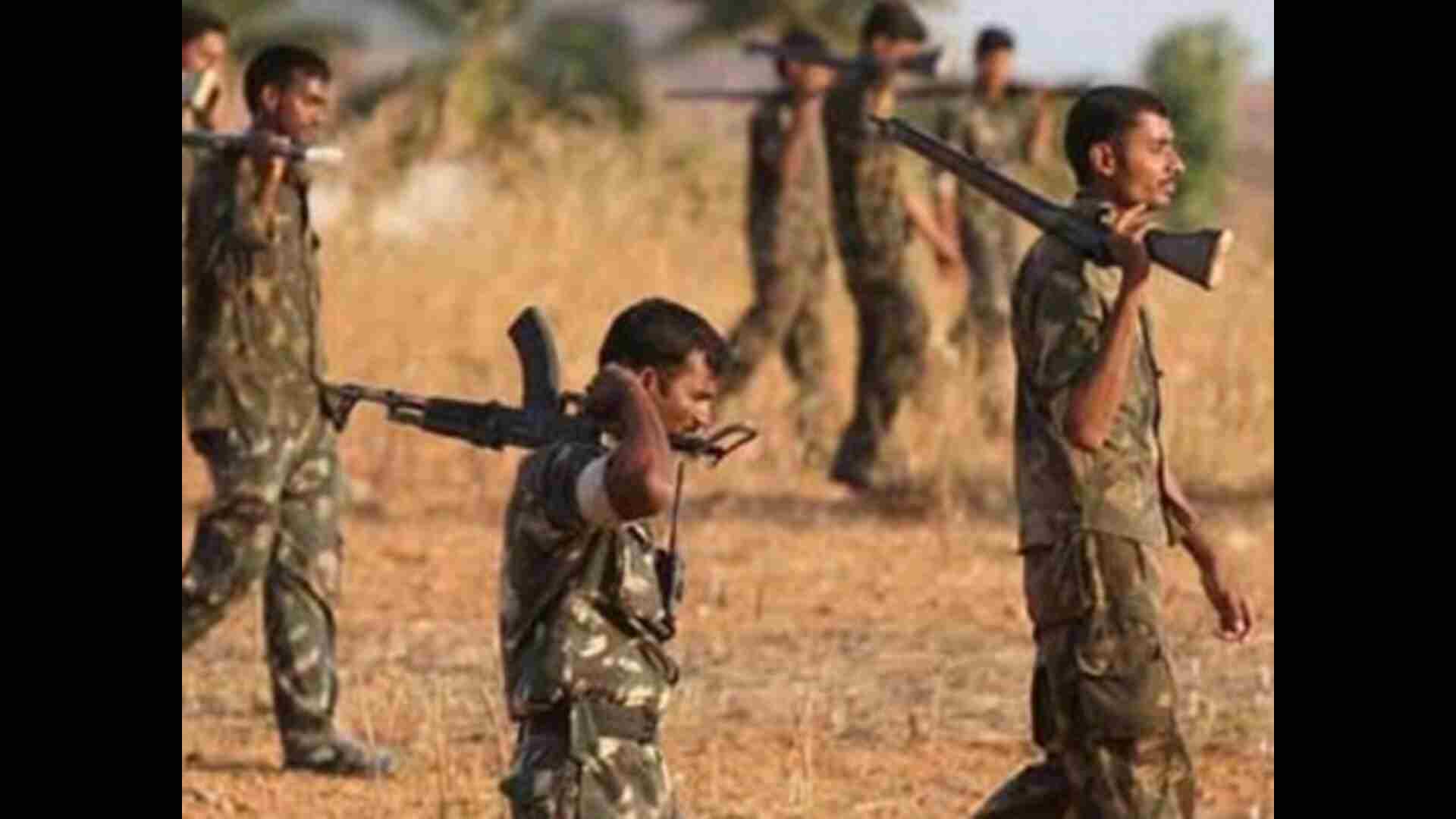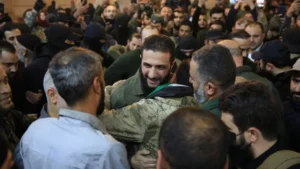Syria, Damascus has witnessed an emotional reunions and significant power shifts as rebel fighters returned to the city following the fall of Bashar al-Assad’s 54-year regime. Among them was Mohammed Abu al-Zaid, a commander of the Southern Operations Room, who had announced the regime’s collapse live on Syrian state television on Sunday.
Zaid, camouflaged and armed, initially stormed the broadcaster’s building to deliver the news of Assad’s ouster. By Monday, he sat confidently in the anchor’s chair, the opposition’s three-starred flag displayed behind him, signalling a new chapter in Syria’s history.
Returning fighters, like Zaid’s uncle Abu Bilal, arrived from frontlines in Homs and northern Syria, reuniting with families after years apart. Bilal, who had fought in Eastern Ghouta and later relocated to Idlib under a government-opposition deal, had not seen Zaid for eight years.
Amid the celebrations, residents grappled with the devastating aftermath of war. Eastern Ghouta lay in ruins, its infrastructure destroyed and homes uninhabitable. “East Ghouta used to be full of trees; now it’s a desert,” Bilal lamented.
As HTS insurgents, led by Abu Mohammed al-Jolani, assumed control in Damascus, stability seemed distant. Yet for now, families focused on rebuilding lives, hopeful for a unified Syria under civilian governance.

